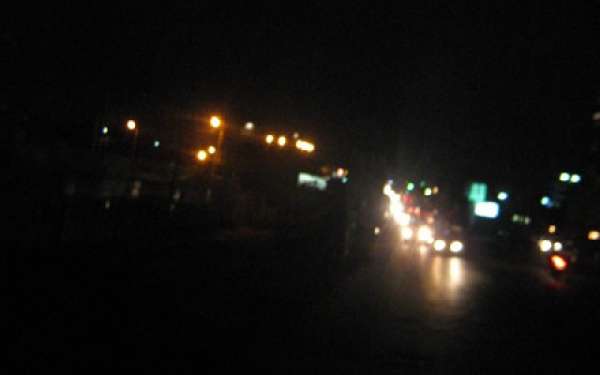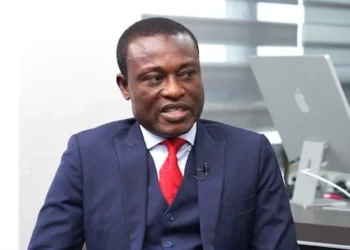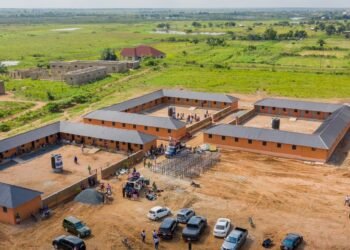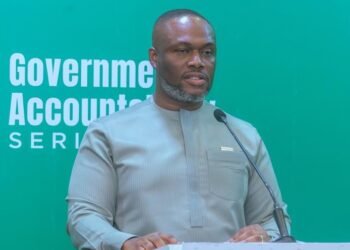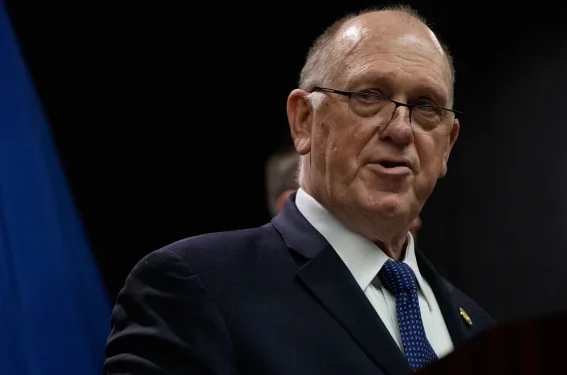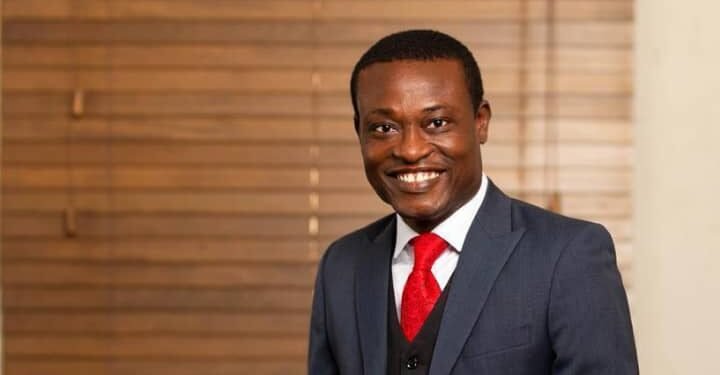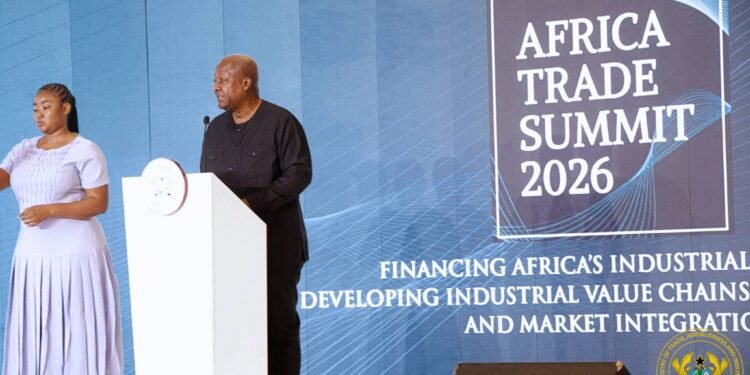As Ghana grapples with persistent power outages, questions swirl around the honesty and effectiveness of both the ruling government and the Electricity Company of Ghana (ECG) in addressing the crisis.
Despite assertions of sufficient power capacity by the Electricity Company of Ghana, reports of continued blackouts paint a starkly different reality, with dire consequences felt nationwide over the past few days.
For instance, some areas in the Greater Accra Region and other parts of the country continue to experience intermittent power cuts, leaving citizens frustrated and businesses struggling to cope.
Alarmingly, some reports have emerged detailing the devastating impact of these outages on critical infrastructure, such as the Komfo Anokye Teaching Hospital, where essential medical equipment, including the uninterrupted power supply (UPS) system, is being compromised.
While the ruling government maintains that it is actively pursuing initiatives to bolster electricity generation capacity and improve reliability, experts argue that these efforts have thus far fallen short of effectively bridging the widening gap between supply and demand.
Dr. Kwame Asiedu Sarpong, a Research Fellow at the Ghana Centre for Democratic Development, commenting on the issues raised deep concerns over the adequacy of the government’s investments in addressing the escalating energy needs of the country.
The backdrop to these concerns according to Dr Sarpong traces back to the transition of power in 2017 when the ruling New Patriotic Party administration took office amidst claims of excess energy capacity left by the previous administration.
Population Growth Spurs High Energy Demands
Highlighting population growth statistics, Dr. Sarpong emphasized the disconnect between increased demand and insufficient supply, underscoring the government’s failure to take proactive measures to address the widening gap.
Dr Sarpong argued that at the end of 2016, Ghana’s population stood at an estimated 28.2 million, with a growth rate projected at 2.2% based on the 2010 census data while the 2021 census recorded a population of 30.8 million, with a growth rate slightly reduced to 2.1%.
He noted that extrapolating from the population data since 2016 and 2021, it was telling that by the end of 2023, Ghana’s population was estimated to have surged to 32.1 million, signifying a net increase of 3.9 million individuals since the current government assumed power.
This substantial population growth according to the renowned Pharmacist translates directly into heightened electricity consumption, with each additional individual becoming a consumer of power.
Dr Sarpong stressed that despite the surge in demand, the current administration failed to undertake proactive measures to augment electricity generation capacity.
“Assuming without admitting that we had excess capacity in 2017, has this government invested enough in improving our electricity generational capacity to meet the demands of this population increase, let alone the increased requirements due to industrial consumption?”
Dr Kwame Asiedu Sarpong, Research Fellow, CDD-Ghana
He highlighted a critical principle in development economics, asserting that a country’s utility capacity must expand at a rate surpassing its population growth to sustain economic growth and development.
In the face of this mounting crisis, honesty and transparency are paramount. It is important for both the government and the Electricity Company of Ghana to acknowledge the severity of the situation and commit to urgent action.
As citizens endure the inconvenience and hardship of power outages, they deserve leadership that prioritizes their welfare and takes decisive steps to address the root causes of the crisis.
This entails a comprehensive approach that includes investment in renewable energy sources, infrastructure upgrades, and enhanced governance to ensure accountability and efficiency in the country’s energy sector.
Denial and deflection only exacerbate the plight of ordinary Ghanaians grappling with the consequences of inadequate electricity supply.
READ ALSO: PwC Ghana Launches 2024 Gender Diversity Banking Report

